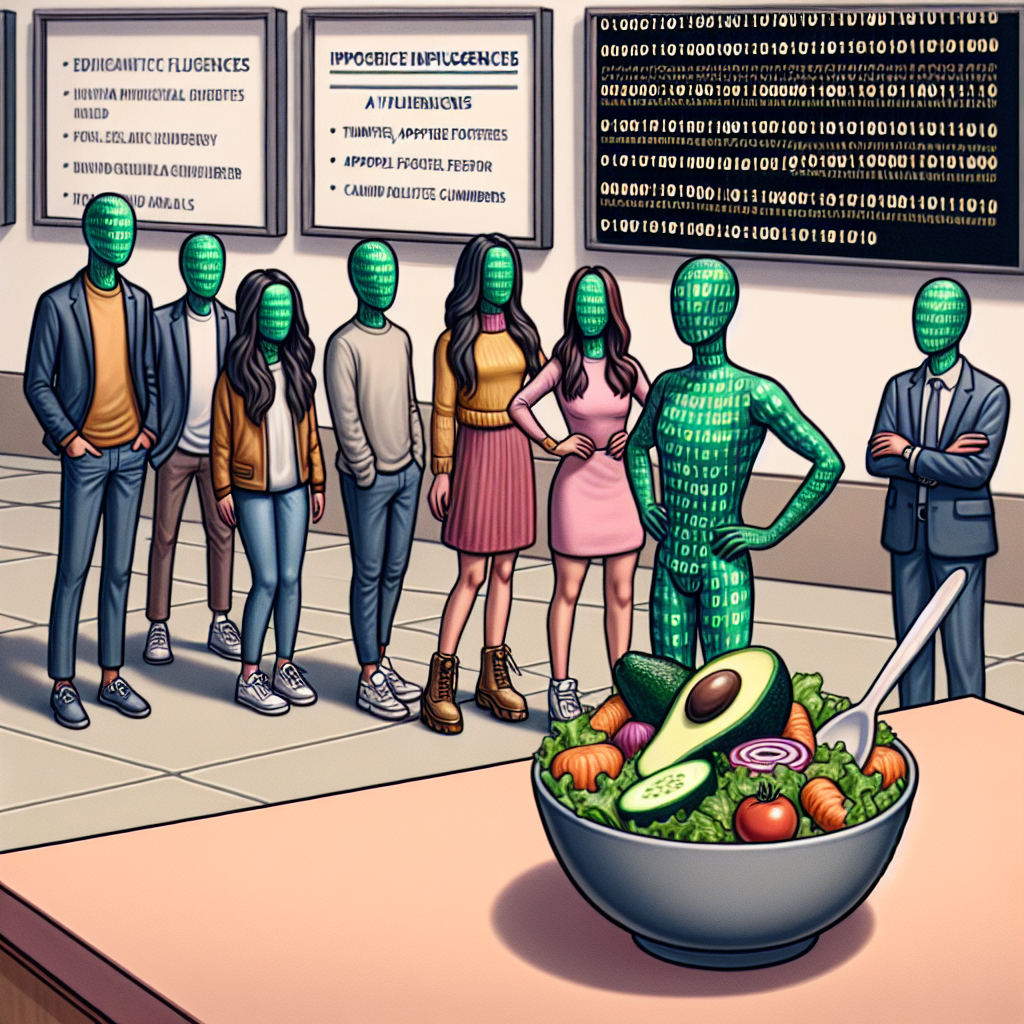“Artificial Intelligence Avatars Snagging Brand Partnerships: A Comic Look at the Sunset of Human Endorsements?”

“AI Influencers Are Winning Brand Deals, Is This the End of Human Influence?”
“The technology behind virtual influencers is improving fast, and they’re becoming increasingly convincing. Some are now signing six-figure brand deals, others have amassed millions of followers on Instagram, and many are making more money than their human counterparts.” When did virtual reality start edging out flesh-and-blood influencers?
Rather than being at the mercy of erratic human behavior or (god forbid) an influencer turning up to an event in Crocs that weren’t sent in a PR package, marketing teams have turned their gaze to the pixelated world of AI influencers. They’re predictable, they’re infallible, and they never have an off day. Unless, of course, someone unplugs the server – then we could all be in trouble.
The idea that the miseries associated with influencer management, like scheduling conflicts or temper tantrums, can be chucked in the trash with the rest of 2020 is kind of appealing. Virtual influencers don’t have sleep schedules, diets, or feelings to disrupt the perfection of their work; they simply do as they are programmed to do.
Yes, the allure of blurring the lines between the real and the digital world is visually captivating. AI avatars such as Lil Miquela and Shudu have amassed millions of followers and yes, they sign six-figure endorsement deals, but let’s not rush to cancel human influence just yet. They’ve got the looks, they’ve got the followers, but do they have the substance?
And sure, these perfect, artificial personas bring a lot to the table. No food breaks, no demands for more money, and definitely no threat of public controversies. It’s the dream, right? But remember, behind every arranged pixel, there is a room full of human coders and designers working their magic.
Reality check: these artificial influencers can’t truly react to a product like a human could. Can an AI construct truly taste, smell, enjoy a product, or express genuine emotions of joy, surprise, and satisfaction? Unlikely.
Though these virtual influencers have been welcomed with open arms by tech enthusiasts and brands hungry for innovation, they lack the warm and tangible human touch that plays a crucial role in genuine connections and brand loyalty.
Even though big brands are swooning over these virtual trendsetters, remember to take it all with a pinch of salt. Yes, technology is fast, efficient, and quite frankly, easier to manage. But a world without the emotional ebb and flow of human influence? Now that sounds about as appealing as an avocado salad without the avocado. Would you buy it? Doubtful.
No matter how alluring the idea of flawless virtual influencers may sound, it’s important to remember that they are still unable to replicate human emotion fully. And at the end of the day, aren’t human connection and shared experiences what drive culture and sell products?
